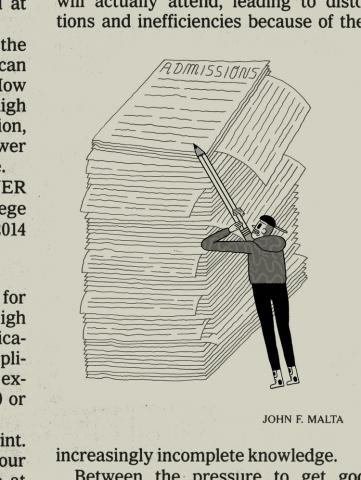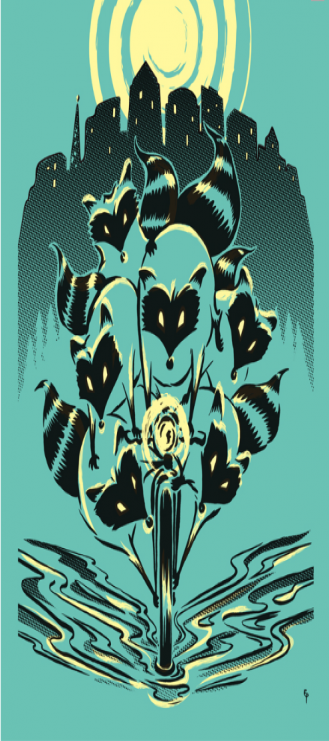Coincidentally, this invitation to submit to NAR’s blog comes shortly after I shared “Class Trip” (the poem they generously published back in 2011) at a local reading, so I was already thinking about the poem, and the mindset I was in when I wrote it—even though I have significantly more white hair now than I did back then.
Poetry sometimes reminds me of weightlifting because both involve pushing against a preset boundary, yet both can result in spectacular and painful failure if you push too hard. In other words, obviously, a poem can also hold so much story, so many images, before it collapses under its own weight.
In the case of this particular poem, there are a lot of memories that never made it into the published draft That feeling of panic when, in second grade, I first heard about the upcoming skating trip, which filled me with panic instead of joy because a birth defect had left me with excruciatingly poor balance. My initial refusal to go, and how touched I was when a girl (whose name I’ve since forgotten) said she’d only go if I went, too. How all of us started out by nervously hugging the carpeted walls; the heaviness and metallic clomp of the skates; the taste of blood the first time I fell, coupled with the difficulty of rising when you know you’re inevitably going to fall again.
I was thinking about all of these and more when I sat down to write the poem, but what I ended up focusing on was the striking uniqueness of that first rap song (whose name, like the girl, I can’t quite remember) tumbling out of the tinny loudspeaker at the skating rink, and on retrospect, the strangeness that the ones who seemed to most enjoy it were economically poor white farm kids like myself. That, in turn, got me thinking about race—as well as the politics behind rap music, which became increasingly popular in our small Iowa town until, by the time we graduated, the same party or road trip might easily hop from Tupac Shakur to Hank Williams to AC/DC, without skipping a beat.
Another thing that entered my mind, but didn’t explicitly make it into the poem, was this debate during my childhood over whether or not certain kinds of music (metal and rap in particular) specifically led to violence, racism, and misogyny. These days, such arguments seem as asinine as they are cliché, but when I was a kid in the 80s, it was another story. I even recall one unintentionally hilarious newsletter sent home by the Catholic school I attended, which warned that listening to Mötley Crüe and playing D&D could lead to spontaneous demon-possession. Of course, it’s only hilarious in retrospect; as little kids, at least some of us accepted those warnings as gospel and walked around in deep and genuine fear of sudden, living damnation.
Returning to the poem itself, I think I settled on that concluding image because, even though it would be absurd to suggest that eight-year-old white farm kids understand the plight of young black men from cities we only knew from the news, there was a sense of increased camaraderie and generosity that came with our miniscule rebellion, and the end product (I hope) was empathy.
Michael Meyerhofer's fourth book of poems, What To Do If You're Buried Alive, was published in 2015 by Split Lip Press. He's been the recipient of the James Wright Poetry Award, the Brick Road Poetry Prize, the Liam Rector First Book Prize, and other honors, including five chapbook prizes. He currently serves as the Poetry Editor of Atticus Review, and is also the author of two fantasy trilogies. He currently lives in California in a small house next to a big cactus. For more information and a few embarrassing photos, feel free to visit troublewithhammers.com (poetry) and wytchfire.com (fantasy).




